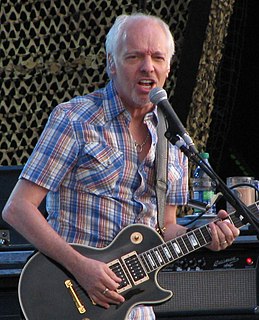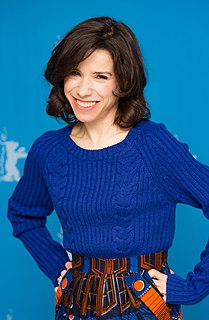A Quote by Benedict Cumberbatch
Those are more universal things than some of the characters I play, who are slightly sociopathic. I keep reminding people I can do ordinary.
Related Quotes
As we grow older, we should learn that these are two quite different things. Character is something you forge for yourself; temperament is something you are born with and can only slightly modify. Some people have easy temperaments and weak characters; others have difficult temperaments and strong characters. We are all prone to confuse the two in assessing people we associate with. Those with easy temperaments and weak characters are more likable than admirable; those with difficult temperaments and strong characters are more admirable than likable.
Characters that are not the norm or a bit out of the ordinary are always a challenge as an actress. You learn more by using different tools for those type of characters. They are always much more fun to play and much more interesting. They take you places that you wouldn't necessarily go in your everyday life.
I think some people are not interesting to themselves. They're the sad, resigned folk. When people call themselves ordinary - "I'm just an ordinary person" - you do wonder what they mean, because people who call themselves ordinary occasionally turn out to be serial killers. Beware of those who say they're ordinary.
I don't particularly care about having [my characters] talk realistically, that doesn't mean very much to me. Actually, a lot of people speak more articulately than some critics think, but before the 20th century it really didn't occur to many writers that their language had to be the language of everyday speech. When Wordsworth first considered that in poetry, it was considered very much of a shocker. And although I'm delighted to have things in ordinary speech, it's not what I'm trying to perform myself at all: I want my characters to get their ideas across, and I want them to be articulate.
The ordinary man is living a very abnormal life, because his values are upside down. Money is more important than meditation; logic is more important than love; mind is more important than heart; power over others is more important than power over one's own being. Mundane things are more important than finding some treasures which death cannot destroy.
GOOD AS NEW was born out of the idea of writing a play where the stakes were high and the collisions were of a verbal nature. Also I wanted to write a play where people were smarter than I was, and more alive than I feel normally. I became interested in the idea of characters who would surprise me. I guess one could argue that nothing comes out of you that wasn't within you to begin with, but maybe there are ways to trick yourself into becoming more an observer or an advocate for the characters.
I think it's interesting playing characters who are flawed and make mistakes because we all have - no one's just one thing - no one is just bad or just good - so I like finding flawed characters and playing with their redeeming qualities, whether you play it outwardly or not. I think that one of the reasons I'm an actor is that I love people and I love finding out who they are and why they do the things they do, so it is fun to play those kinds of characters.




































